Managing ADHD is a multifaceted challenge, often requiring a blend of medications, therapies, and lifestyle adjustments. Among emerging solutions, citicoline stands out as a promising natural supplement. But what happens when it’s combined with other cognitive enhancers like magnesium, lion’s mane mushroom, and omega-3 fatty acids? This article explores the potential of citicoline, its synergy with other supplements, and its role in improving ADHD symptoms like focus, memory, and impulse control.
Understanding ADHD and Its Challenges
Attention Deficit Hyperactivity Disorder (ADHD) is a neurodevelopmental condition that disrupts attention, executive function, and impulse regulation. People with ADHD often struggle with working memory, emotional regulation, and sustained focus. Traditional treatments, including stimulant medications like Adderall or Ritalin, are effective but may come with unwanted side effects or limited long-term benefits.
This has led many to explore complementary approaches, such as natural supplements, to optimise brain health and reduce ADHD symptoms.
What is Citicoline?
Citicoline is a naturally occurring compound that plays a vital role in brain health. It’s a precursor to phosphatidylcholine, a key component of cell membranes, and supports the production of neurotransmitters like dopamine and acetylcholine, which are critical for attention, memory, and mood regulation.
Studies suggest that citicoline enhances:
- Cognitive function by improving brain metabolism and energy production.
- Neurotransmitter balance, particularly dopamine and norepinephrine, which are essential for attention and impulse control.
- Neuroprotection, safeguarding brain cells from damage and promoting repair.
The Synergy of Citicoline with Other Supplements
While citicoline shows promise on its own, combining it with other brain-boosting supplements may amplify its effects. Here's how:
- Magnesium: Magnesium supports over 300 biochemical reactions in the body, including those related to brain health. It calms overactive neurons, improves sleep, and enhances emotional regulation, making it particularly valuable for people with ADHD. When paired with citicoline, magnesium may help stabilise mood and improve focus.
- Lion’s Mane Mushroom: Known for its ability to stimulate nerve growth factor (NGF), lion’s mane promotes neural repair and plasticity. Combining this with citicoline’s cognitive-enhancing properties may bolster working memory, attention, and learning capacity.
- Omega-3 Fatty Acids: Found in fish oil, omega-3s support brain structure and function, especially in areas linked to attention and impulse control. Paired with citicoline, omega-3s may enhance overall brain metabolism and improve ADHD symptoms.
- Caffeine: A small dose of caffeine combined with citicoline has been shown to improve mental alertness and attention. This duo may be particularly effective for tackling sluggish cognitive performance.
- Bacopa Monnieri: A traditional Ayurvedic herb, bacopa is renowned for its ability to enhance memory, reduce anxiety, and support cognitive performance. For individuals with ADHD, bacopa may help improve attention span and reduce impulsivity, making it an excellent complement to citicoline's focus-enhancing effects.
How Does Citicoline Compare to ADHD Medications?
While stimulants like Adderall and non-stimulants like Strattera remain the primary ADHD treatments, citicoline offers a natural alternative with fewer side effects. Unlike medications that target only dopamine or norepinephrine, citicoline enhances multiple neurotransmitters and supports overall brain health.
However, it’s important to note that citicoline may not replace traditional ADHD medications but rather complement them as part of a holistic approach.
Research on Citicoline for ADHD
Preliminary studies suggest that citicoline may improve:
- Attention and focus by increasing dopamine and acetylcholine levels.
- Memory performance by enhancing working memory and processing speed.
- Impulse control, reducing hyperactivity and distractibility.
Although promising, more research is needed to establish citicoline’s long-term efficacy and safety for ADHD treatment.
Potential Side Effects and Safety
Citicoline is well-tolerated, but minor side effects like headaches, nausea, or gastrointestinal discomfort can occur. To maximise safety:
- Consult a healthcare provider before starting citicoline, especially if combining it with other supplements or medications.
- Start with a low dose and gradually increase as needed.
- Monitor for any adverse reactions and adjust accordingly.
Building a Comprehensive ADHD Treatment Plan
Citicoline can be a powerful addition to ADHD management, especially when combined with supplements like magnesium, lion’s mane, and omega-3s. However, it works best as part of a broader strategy that includes:
- Behavioural therapy to build coping mechanisms.
- Lifestyle changes, such as regular exercise, a balanced diet, and mindfulness practices.
- Medication, if needed, under professional guidance.
The Future of Citicoline in ADHD Treatment
As research continues to unveil citicoline’s potential, it may become a cornerstone of ADHD treatment. Its ability to support brain health and cognitive function makes it an exciting option for those seeking natural alternatives or supplements to traditional therapies.
By combining citicoline with other complementary supplements, we can take a step closer to a more personalised and effective approach to managing ADHD.
Final Thoughts
Citicoline’s role in ADHD treatment is still evolving, but its potential to enhance focus, memory, and overall brain health is undeniable. Whether used alone or alongside other supplements like magnesium and lion’s mane, citicoline offers a promising avenue for those seeking holistic ADHD management.
As always, consult a healthcare professional to tailor the right approach for your needs. With careful planning, citicoline could be a game-changer in your ADHD journey.

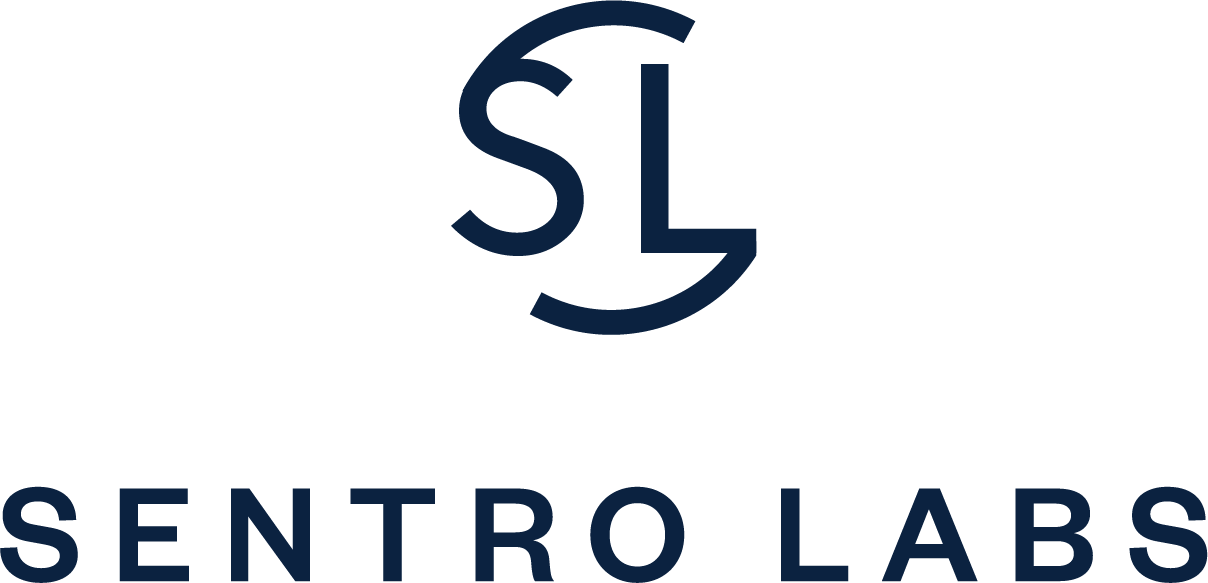






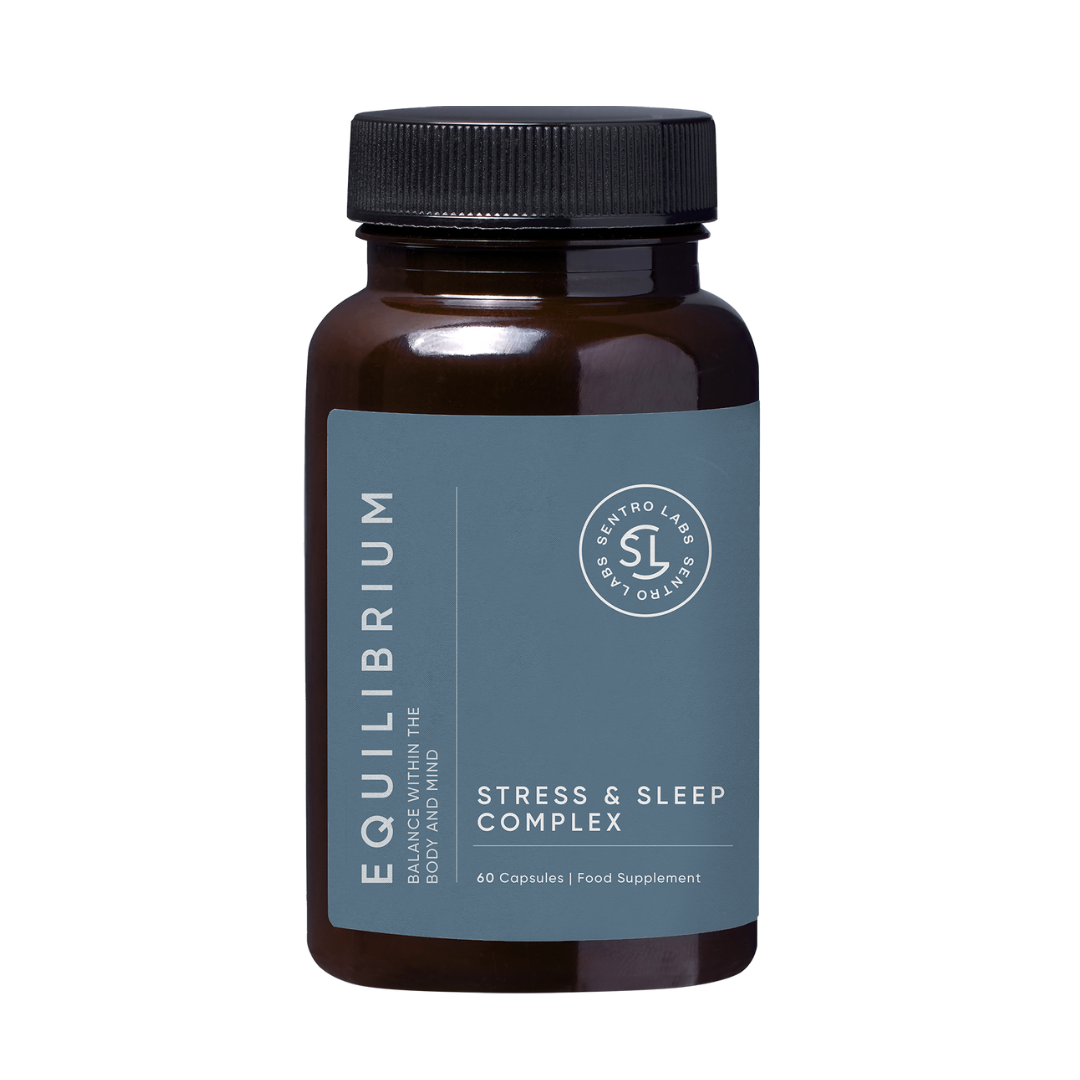
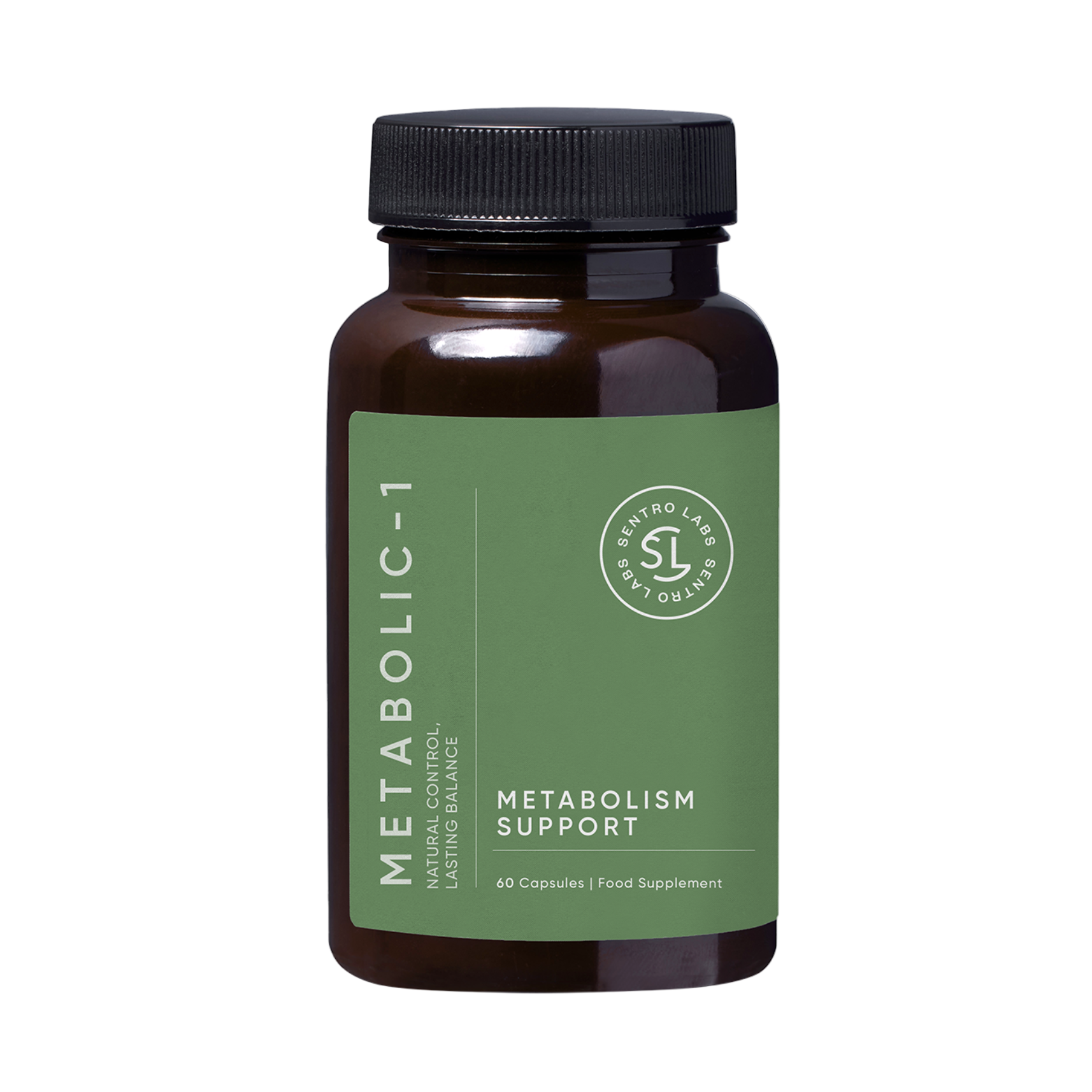
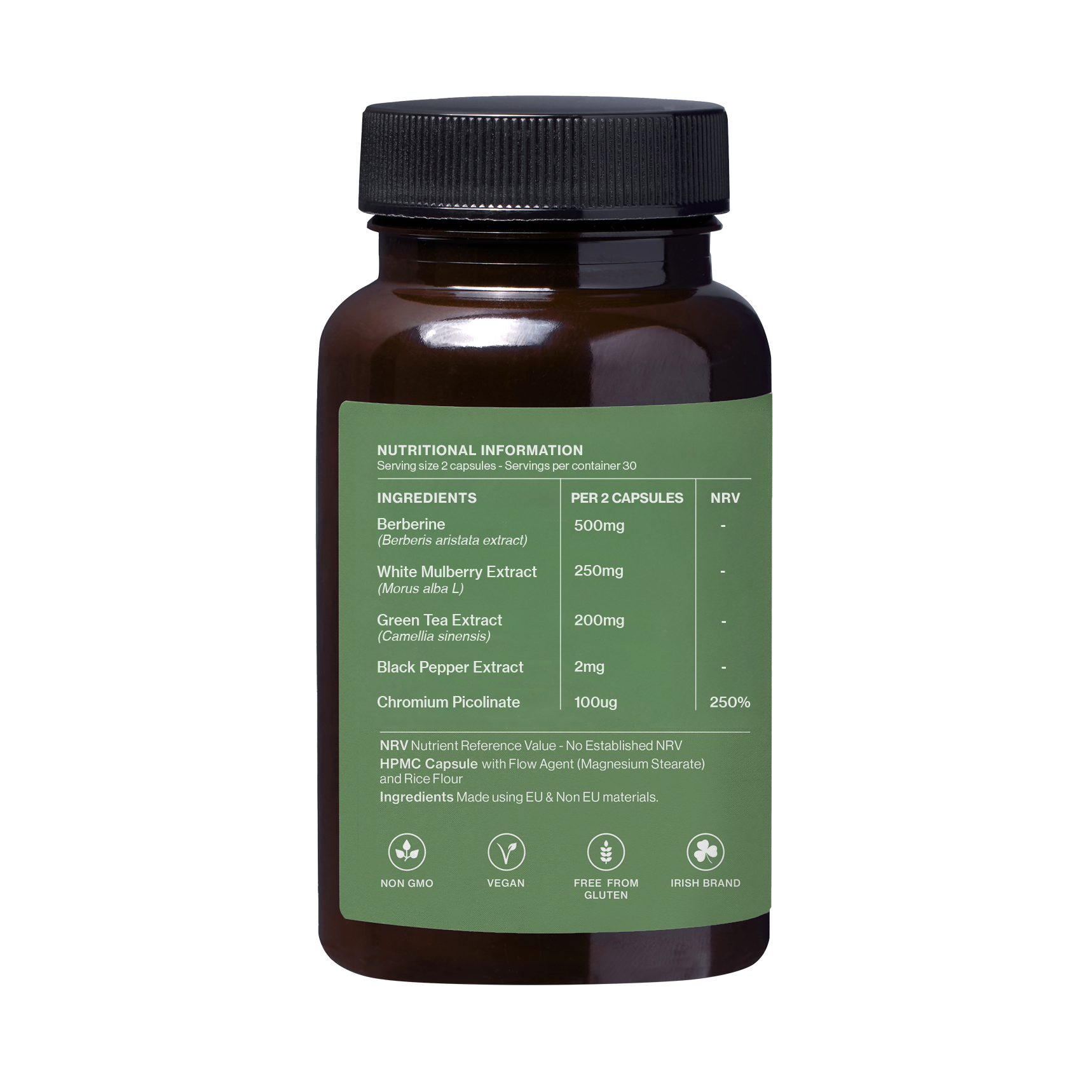

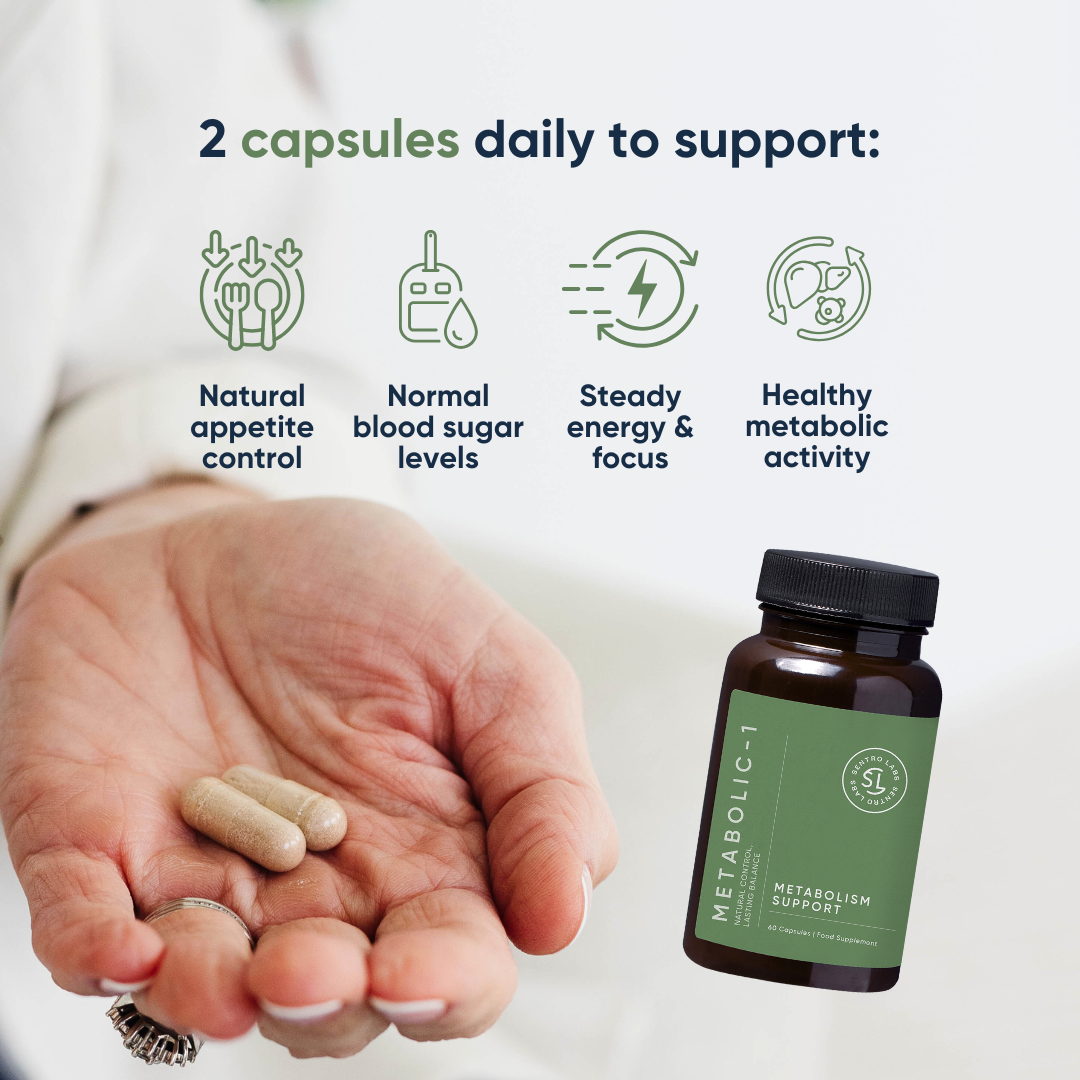
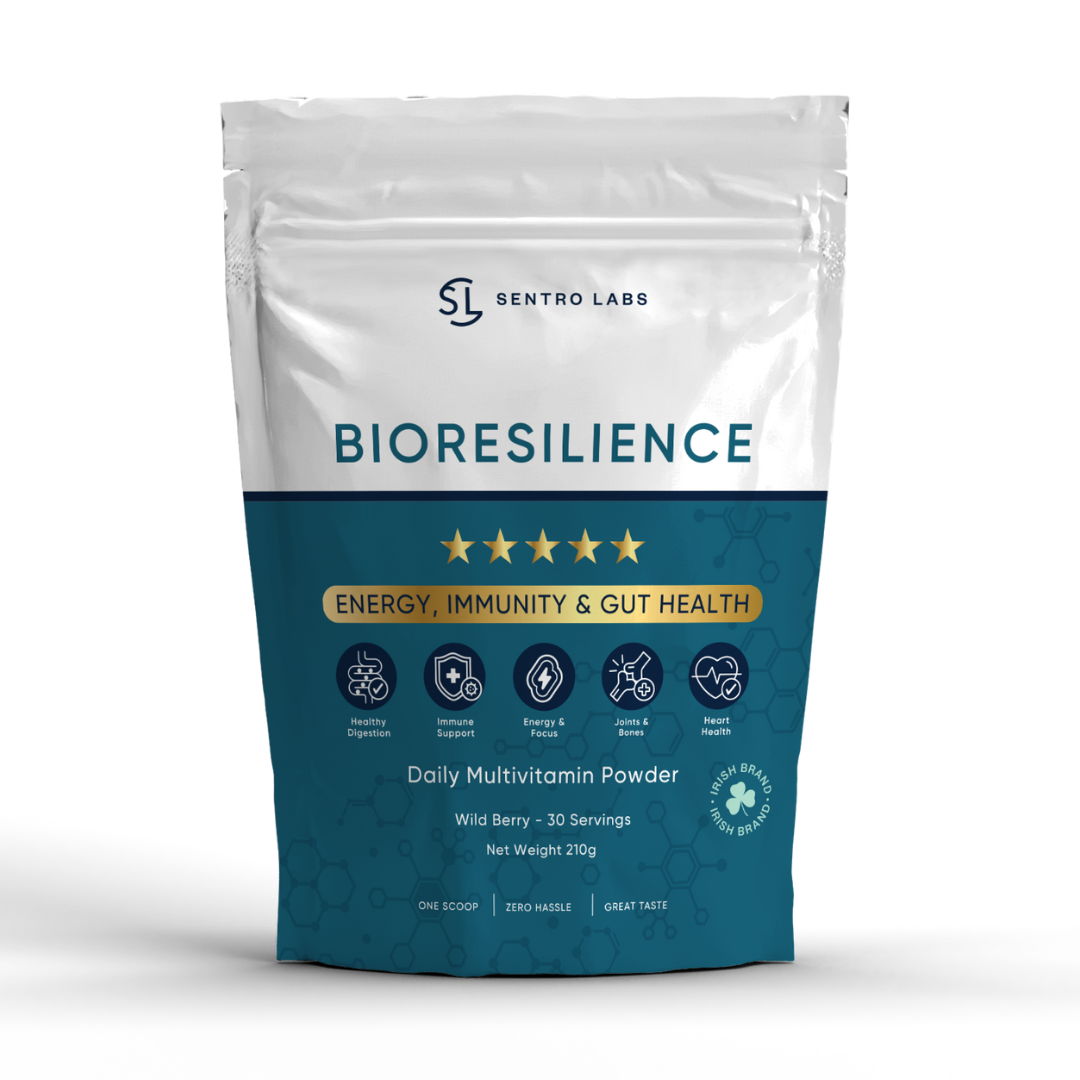



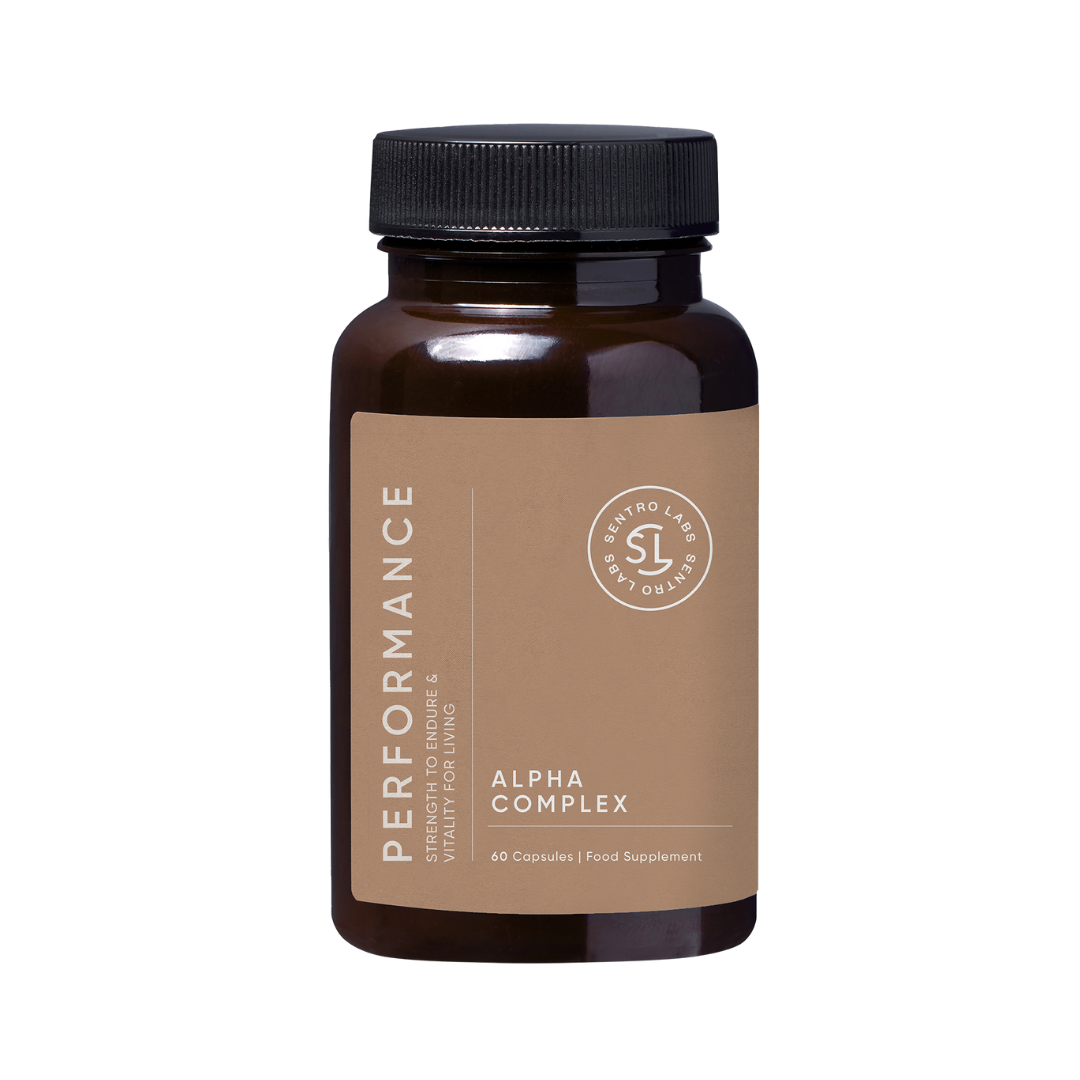

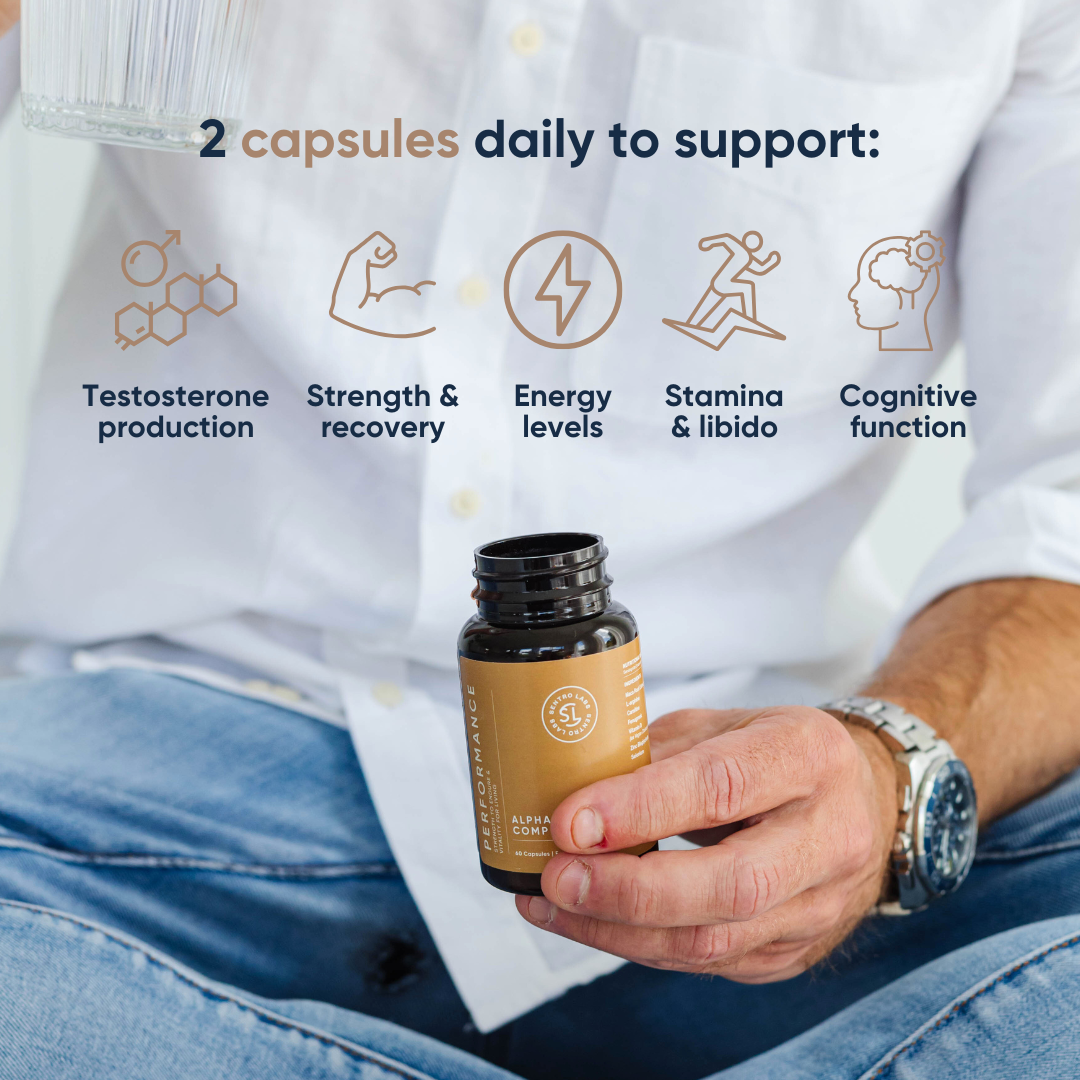

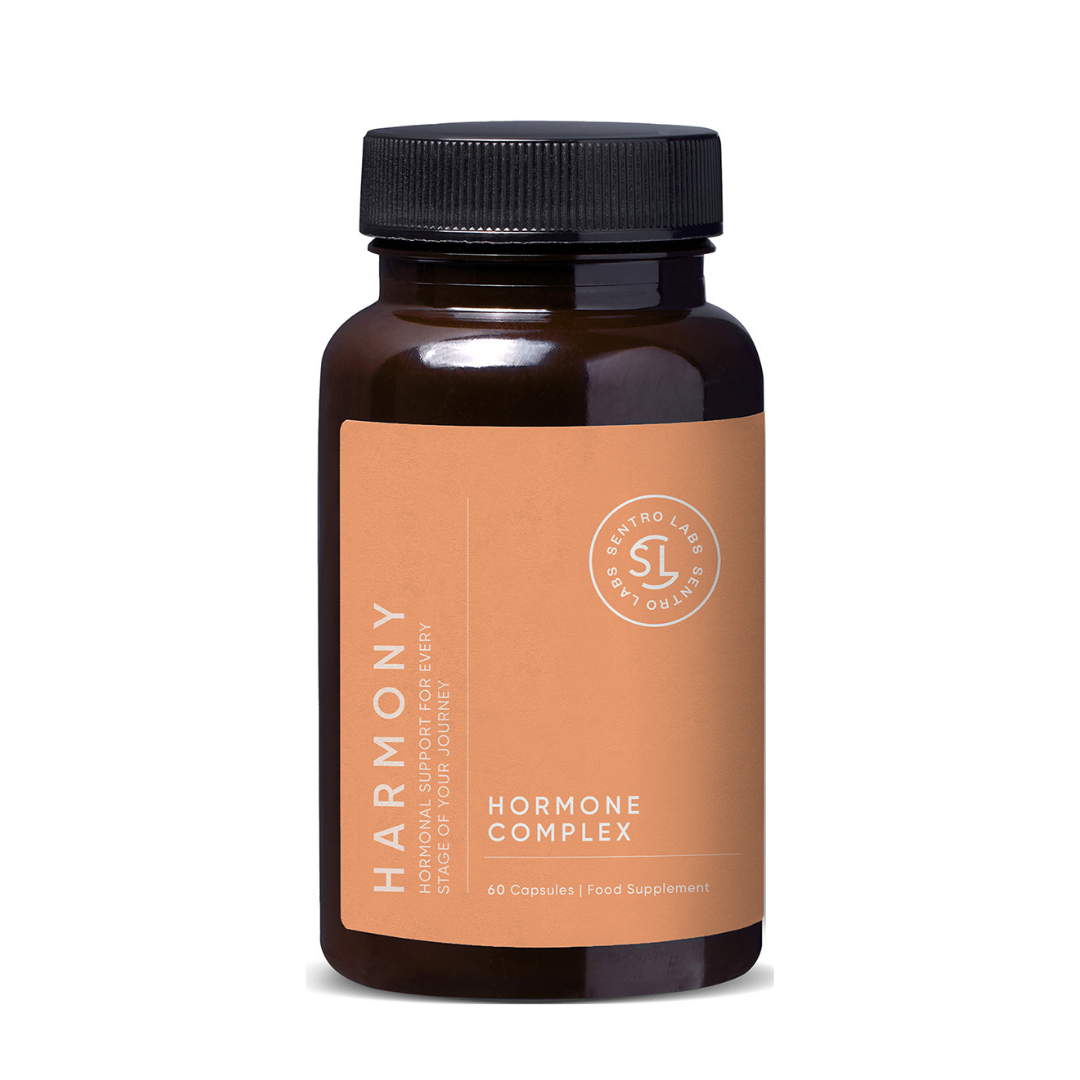
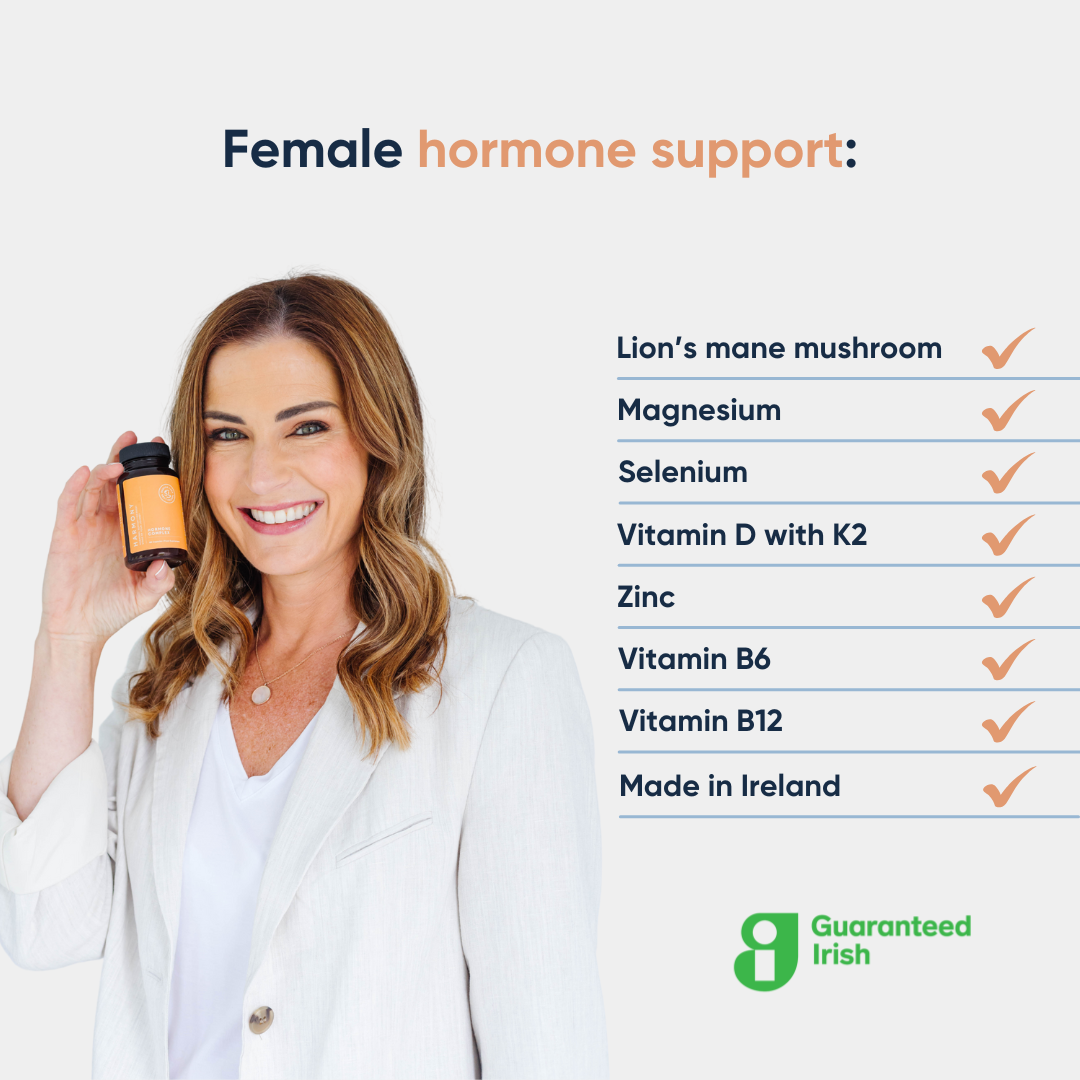
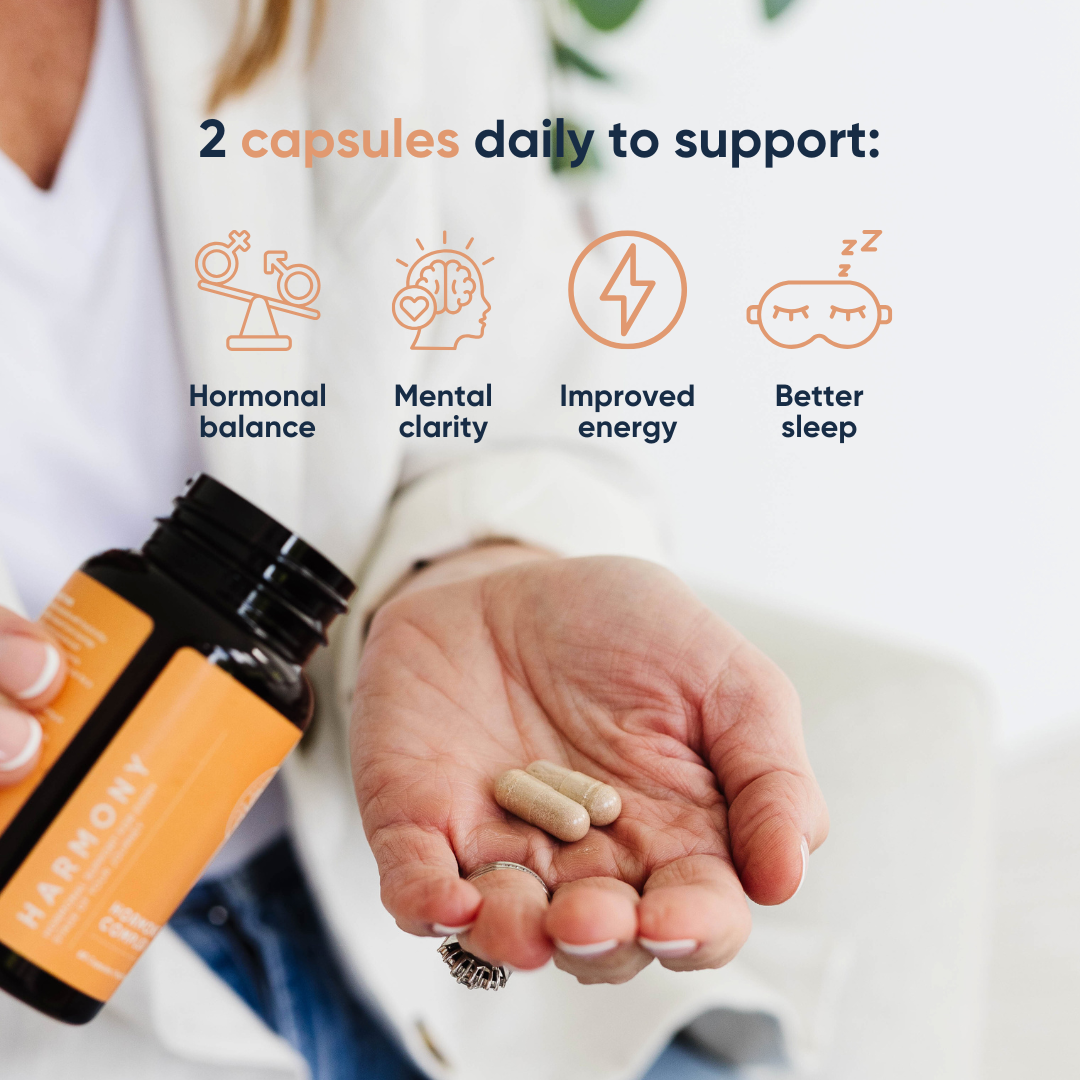
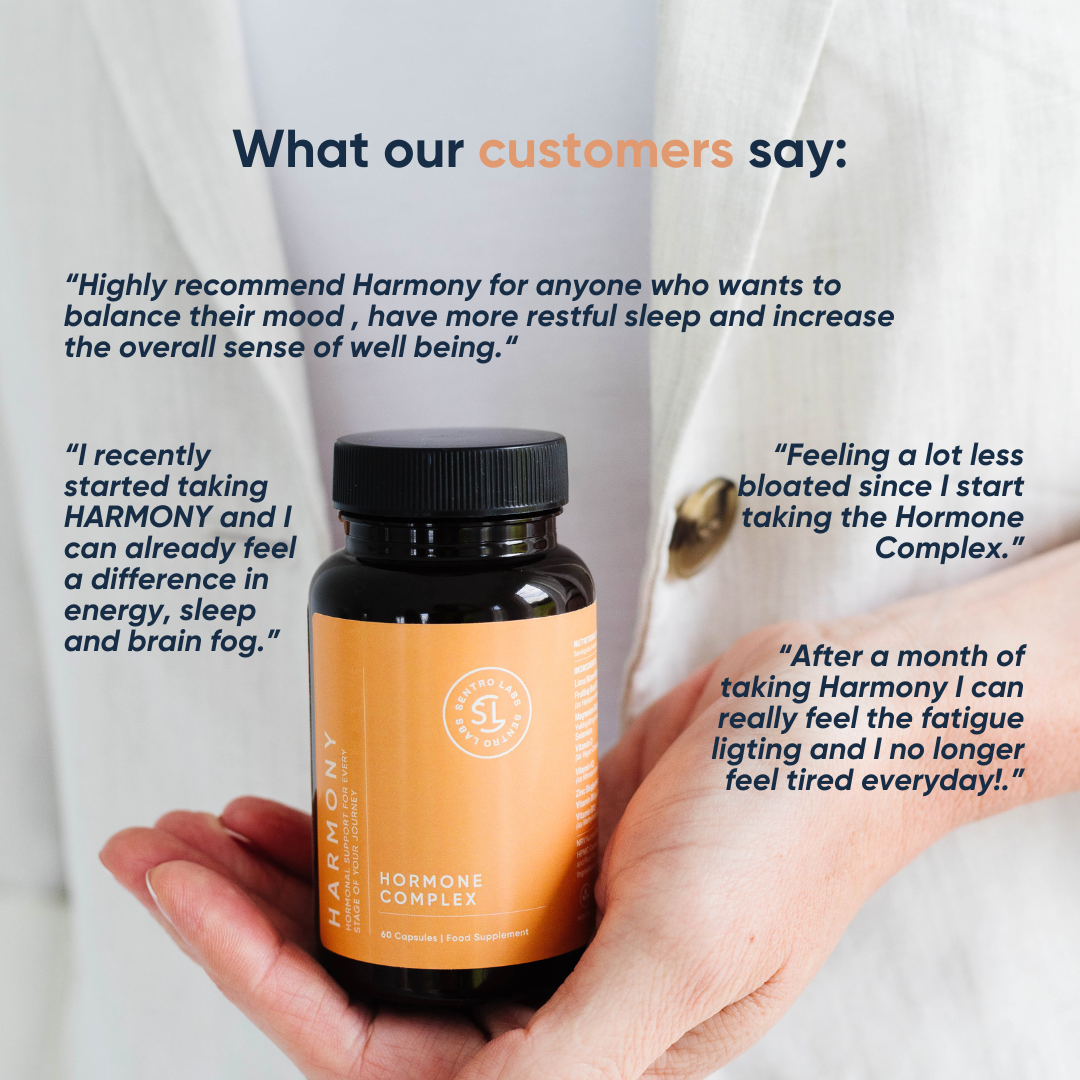
Share:
Ashwagandha Benefits for Females
L-Theanine Benefits for Women